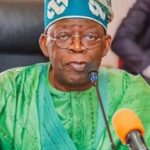[By Idowu Faleye: +2348132100608]
In Nigeria today, the very laws that govern our lives, shape our society and define our justice system are relics of a bygone era. Many were designed for a world that no longer exists, leaving us with a legal framework that is ill-equipped to address the complexities of modern life. While the world has moved forward, Nigeria’s legal framework remains tied to the past—locked in a time warp of outdated laws, irrelevant statutes, and obsolete penalties. This disconnect between law and reality has far-reaching consequences, hampering economic growth, stifling innovation, and perpetuating inequality.
The Nigerian government’s recent initiative to establish a committee aimed at reviewing and updating the nation’s legal system is both necessary and long overdue. But the question remains: will this initiative lead to a meaningful overhaul, or will it become another half-hearted attempt at reform? To understand the gravity of the situation, we must first explore the roots of Nigeria’s legal stagnation, highlight its consequences, and propose a path forward that aligns with the needs of a 21st-century democracy.
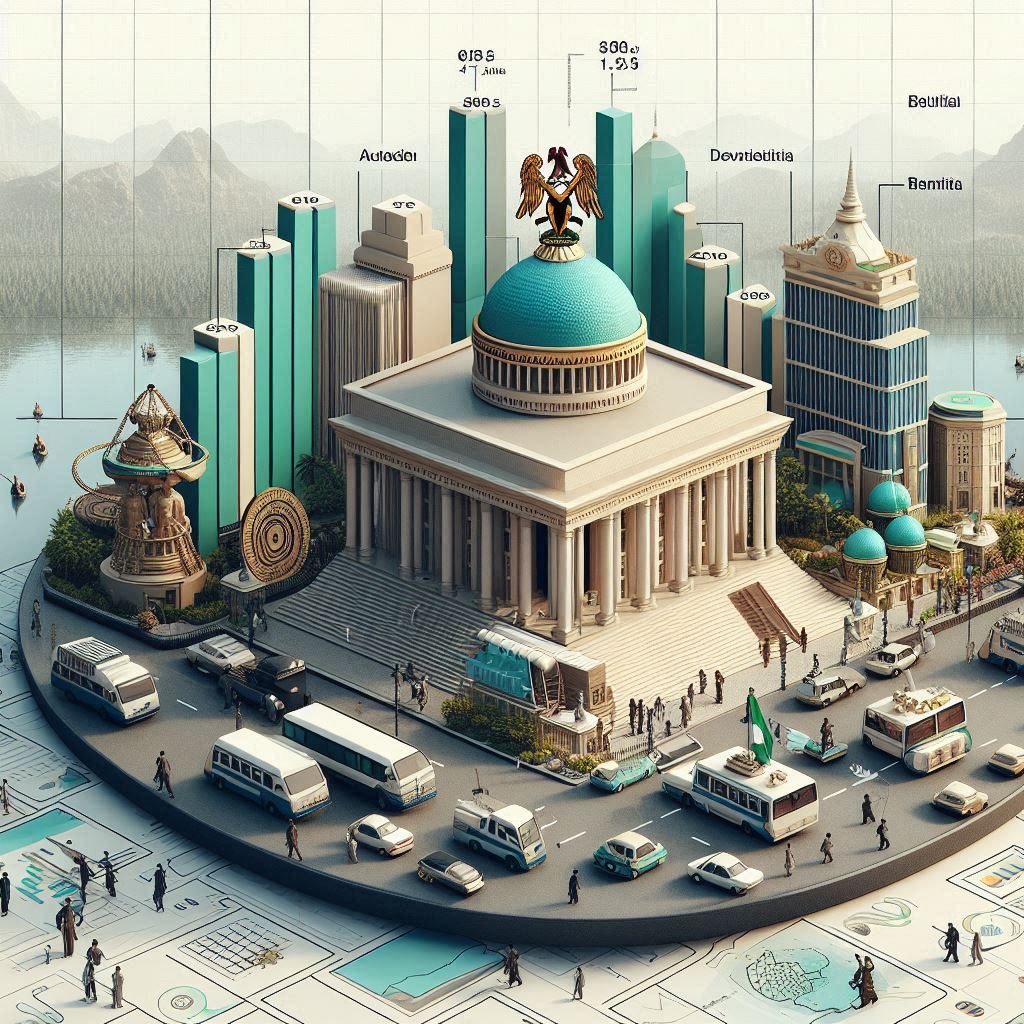
Nigeria’s legal landscape is a complex blend of English common law, Islamic law, and customary law, a legacy inherited from British colonial rule. When Nigeria gained independence in 1960, it also inherited a body of English laws, which were seamlessly integrated into the domestic legal system. These “received laws” have since formed a significant part of Nigeria’s corpus juris—the body of laws that govern the country.
While these laws were functional in a colonial era, they were never intended to address the socio-political realities of a post-independence Nigeria. For instance, Nigeria’s Penal Code, heavily influenced by British common law, remains largely unchanged since its adoption. The Criminal Code Act of 1916, for example, still prescribes penalties that are incongruous with contemporary standards of justice and fairness. As a result, these antiquated laws have hampered the country’s ability to modernize its legal framework in line with contemporary global developments.
Read Also: Nigeria Legal System and Penalties Are Urgently in Need of Reform
For instance, a man convicted of theft of three tubers of yam in Nigeria may face a harsher penalty than an individual found guilty of wickedly stealing Eighty billion Naira public funds or guilty of committing sophisticated financial crimes like cyber fraud. The imbalance of penalties for crimes that have evolved in scale and impact underscores the urgent need for a comprehensive review of Nigeria’s legal framework.
Nigeria’s post-independence political landscape was shaped by a series of military coups, with successive regimes instituting their versions of the constitution to consolidate power. The 1979 and 1999 Constitutions were both products of military decrees, drafted without widespread public participation or meaningful input from civil society. These constitutions were designed to centralize power in the hands of the ruling military elite, reducing the autonomy of states and diluting the principle of true federalism.
Read Also: The Undefined System of Government in Nigeria: A Call for True Federalism
The lack of public involvement in the drafting process is one of the most significant flaws of these constitutions. Although they provided a semblance of democratic governance, their military origins left Nigeria with a political system that has consistently failed to reflect the true will of the people. For example, the 1999 Constitution, which is still in effect today, has been criticized as a “military document” rather than a genuine reflection of civilian values.
Military regimes, particularly those of General Ibrahim Babangida and General Sani Abacha, left an indelible mark on Nigeria’s legal and constitutional framework. These leaders promoted a centralized federal structure, undermining the autonomy of states and further entrenching the power of the federal government. The resulting system has stifled local governance and exacerbated regional inequalities, creating a legal environment that remains rigid and unresponsive to the evolving needs of Nigerian society.
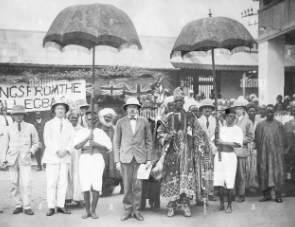
Many of Nigeria’s domestic laws date back to the 1960s, 70s, and 80s, yet they are still enforced today. The Criminal Code Act of 1916 and the Civil Procedure Rules of 1972 are just two examples of laws that are grossly outdated and insufficient in addressing the needs of modern society.
For instance, the Criminal Code Act, which predates Nigeria’s independence, still prescribes archaic penalties for crimes such as sedition and libel—offences that have lost much of their relevance in today’s digital world. The penalties associated with these crimes were designed for a time when Nigeria was under colonial rule, yet they remain in force, applying disproportionate punishments to modern-day offences.
Take the Cybercrimes Act of 2015, for example, which was drafted in response to the rise of internet fraud. While this law represents a step forward, it stands in stark contrast to older statutes that have yet to be reformed. This discrepancy creates a fragmented legal system, where new laws coexist with outdated ones, leading to inconsistencies in enforcement and interpretation.
Nigeria’s rapid technological advancements have exposed glaring gaps in its legal framework. Issues like digital privacy, cybercrime, and data protection are not adequately covered by existing laws. With the rise of social media, mobile banking, and digital communication, Nigeria’s outdated legal provisions are increasingly ill-equipped to regulate this new reality.
For example, while the Cybercrimes Act has provisions for prosecuting internet fraudsters, it lacks robust mechanisms to safeguard citizens’ digital rights, such as privacy, data security, and freedom of expression. In comparison, contemporary democracies like the European Union have implemented stringent data protection laws under the General Data Protection Regulation (GDPR), ensuring that citizens’ digital rights are protected in the age of technology. Nigeria, by contrast, still lacks comprehensive legislation to address these critical issues.

Similarly, the country’s human rights framework is riddled with inconsistencies and inadequacies. While the Nigerian Constitution guarantees fundamental human rights, there are still significant gaps in protections for marginalized groups, such as women, children, and the LGBTQ+ community. For instance, Nigeria has no specific laws to address some issues that plague the country and require urgent legislative intervention.
The continued reliance on military-era constitutions is a significant impediment to Nigeria’s democratic development. These constitutions, designed to centralize power and suppress dissent, are incompatible with the values of a modern democracy. There is an urgent need for a new, people’s constitution—one that reflects the aspirations and needs of the Nigerian populace.
Read Also: The Injustice of a Northern Presidency in 2027
This call for constitutional reform has gained momentum in recent years, with civil society organizations, legal experts, and political activists advocating for a more inclusive and participatory approach to constitution-making. A true people’s constitution would involve widespread public participation, ensuring that every segment of Nigerian society has a voice in shaping the country’s legal framework.
Such a constitution would address the issues of state autonomy, fiscal federalism, and human rights protections, creating a legal environment that promotes equality, justice, and economic development. A people’s constitution would also provide the legal foundation for addressing Nigeria’s most pressing challenges, from corruption and insecurity to poverty and unemployment.
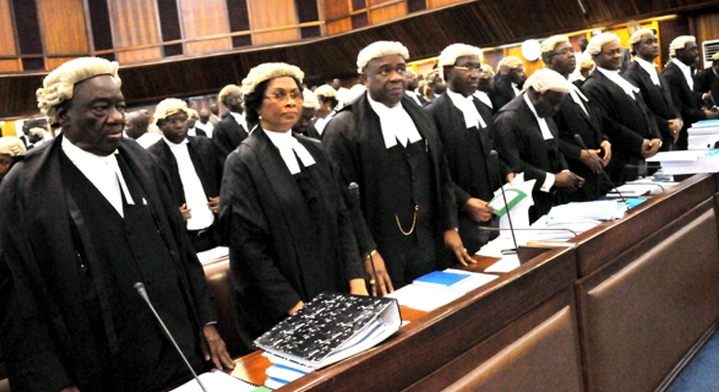
The Nigerian government’s current initiative to update the laws of the federation is a step in the right direction, but much more needs to be done. Here are several key recommendations for modernizing Nigeria’s legal system:
Legislative reforms should be inclusive, involving legal experts, civil society organizations, and the general public. This will ensure that the new laws reflect the needs and aspirations of all Nigerians.
Nigeria can learn from other contemporary democracies, such as the United States, the United Kingdom, and South Africa, which have successfully reformed their legal systems to address modern challenges. For example, adopting comprehensive data protection laws would safeguard citizens’ digital rights.
Legislative attention should be given to emerging areas such as environmental protection, digital rights, human rights, and economic reforms. Nigeria’s legal system must be responsive to both national and global developments.
Public awareness campaigns should be launched to educate Nigerians about their legal rights and the importance of legislative reforms. A well-informed public is crucial to the success of any reform initiative.
In sum, the time for legal reform in Nigeria is now. Our laws are outdated and inconsistent, and no longer serve the best interests of the people. The current legal framework, rooted in colonial-era statutes and military decrees, is ill-suited to address the challenges of a modern, democratic Nigeria. A comprehensive review and update of the nation’s laws are essential to building a legal system that is just, inclusive, and responsive to the needs of all Nigerians.
The journey toward a more equitable and effective legal system begins with recognizing the need for change. Policymakers, legal professionals, and citizens must work together to create a legal framework that reflects the values of democracy, human rights, and social justice. Only then can Nigeria realize its full potential as a leading African democracy.
REFERENCES:
Adekunle, B. (2020). Nigeria’s Outdated Laws and the Need for Reform.
Asein, J. O. (2017). Reforming the Nigerian Legal System: Challenges and Prospects.” Journal of Law, Policy, and Globalization.
Falana, F. (2019). Why Nigeria Needs Urgent Legislative Reforms.
World Bank (2021). Nigeria: Laws, Policies, and Regulations.
Ogunye, J. (2016). A Call for Legislative Reform in Nigeria.
LegalNaija (2018). The Evolution of Nigerian Laws: From Colonial to Modern Times.
Born in Ekiti State, Nigeria, Idowu Faleye is a Policy Analyst and IBM-certified Data Analyst with an academic background in Public Administration. He’s the Lead Analyst at EphraimHill Data Consult and the Publisher of EphraimHill DataBlog, which posts regular topics on issues of public interest. He can be reached via WhatsApp at +2348132100608 or email at ephraimhill01@gmail.com
© 2024 EphraimHill DC. All rights reserved. This article is the intellectual property of EphraimHill DataBlog. For permission requests, please contact EphraimHill DC at ephraimhill01@gmail.com.



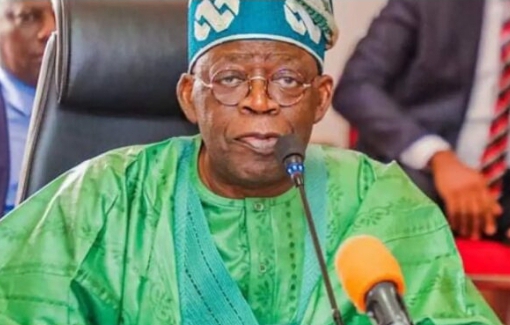







































![The Trend of Insecurity in Nigeria. [Part 2]](https://ephraimhilldc.com/wp-content/uploads/2024/09/Computer-Monitoring-of-Remote-areas.png)


































